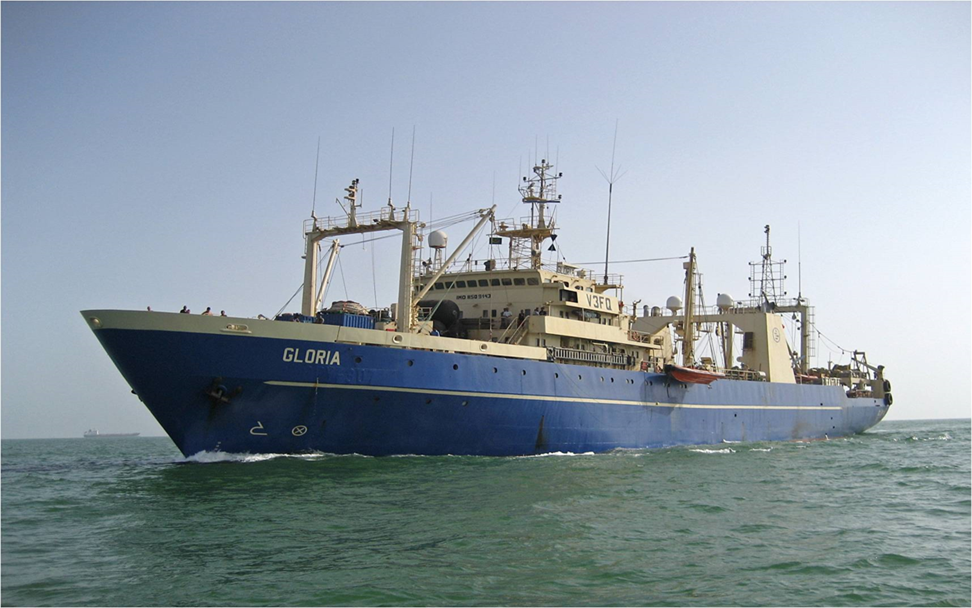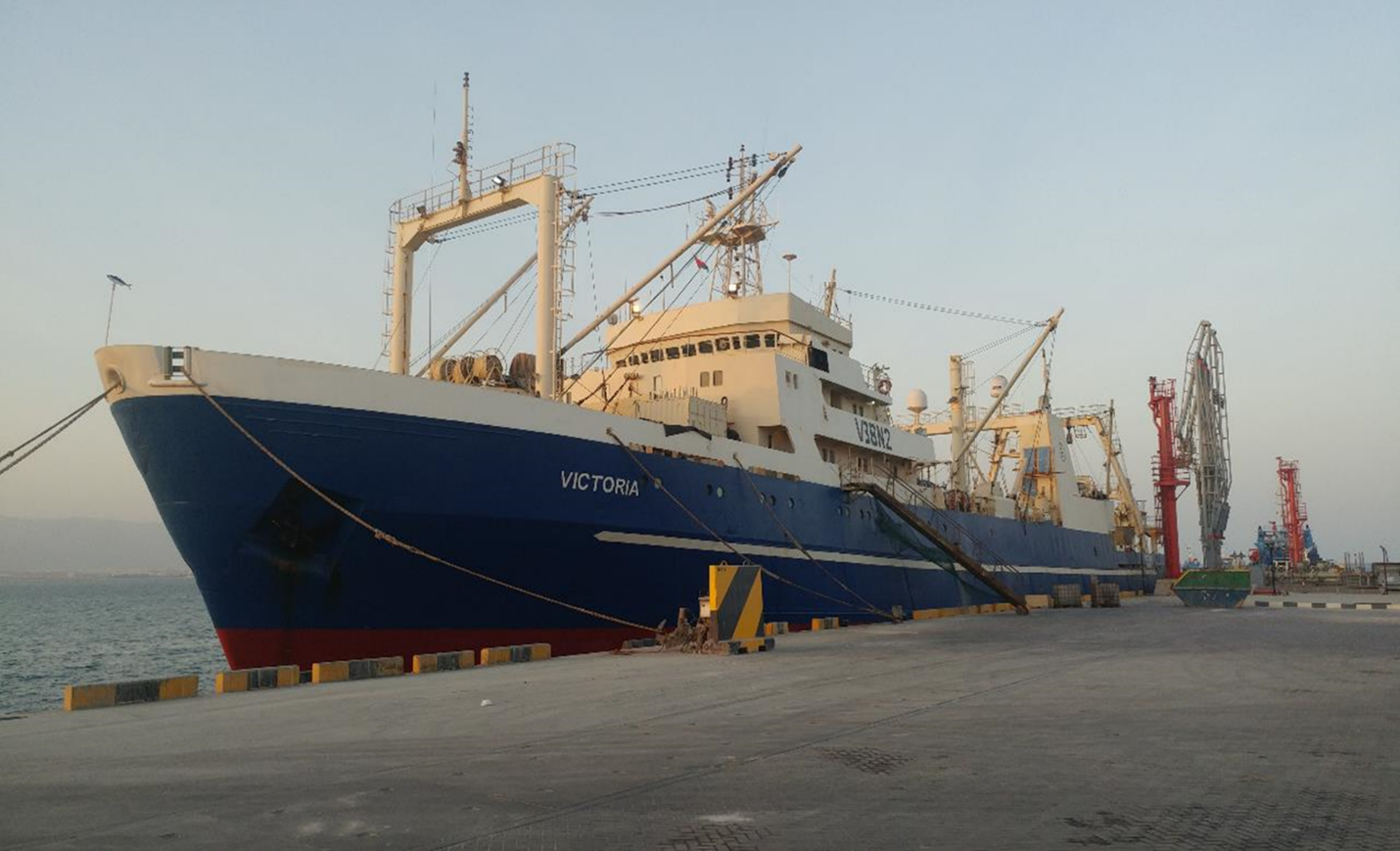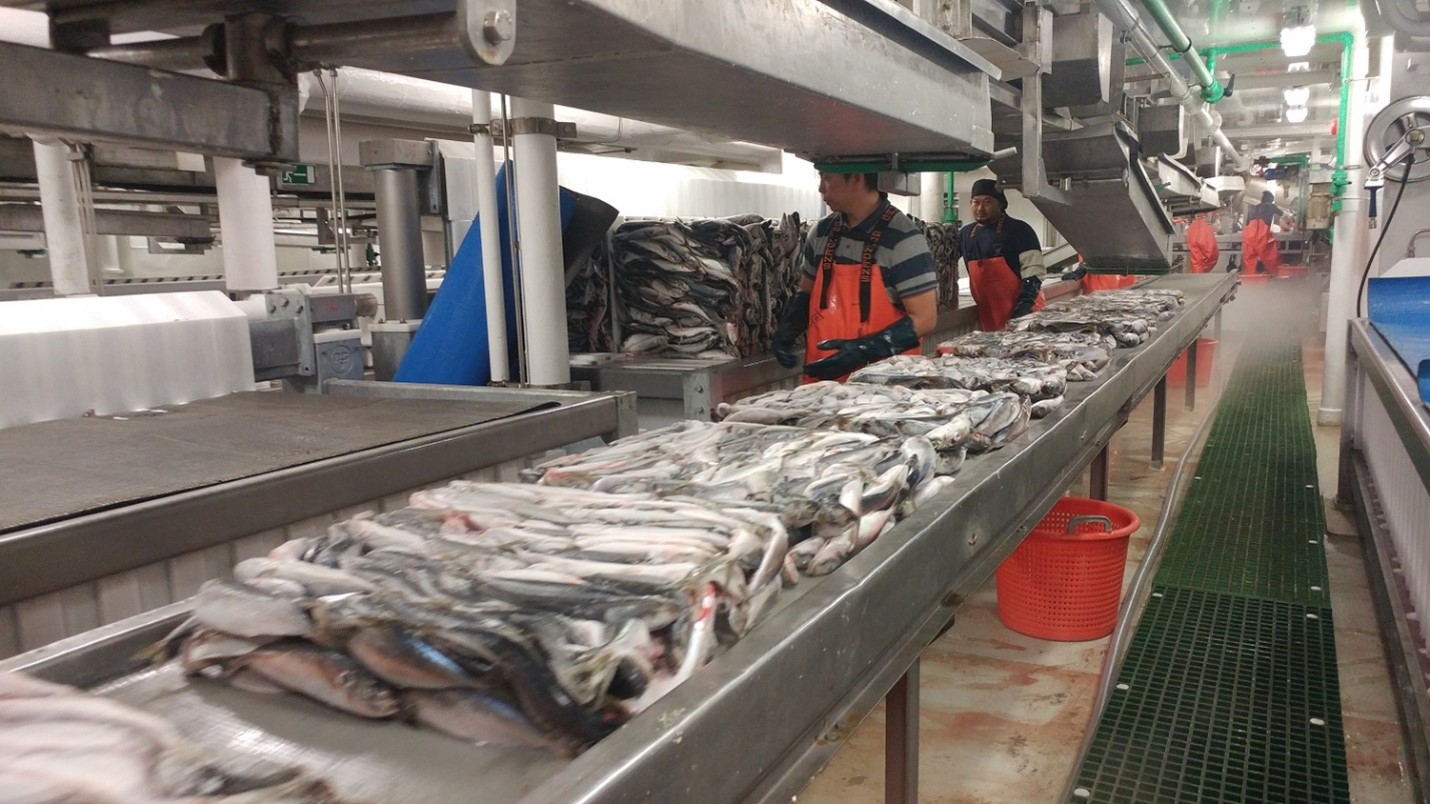Fisheries are a major pillar for economic diversification from the carbon-based economy
Oman has 3,162 kilometers of coastline which stretches from the peninsular of Musandam in the north, to the Arabian Sea coasts of Dhofar and Salalah in the south. This encompasses both marine environments of the Arabian Gulf, the Sea of Oman and the Arabian Sea, all of which provide differing species and opportunities for fishing activities, and Oman is the only net exporter of fishery products in the whole of the GCC region.
As part of Oman’s 2040 vision, the fisheries sector for both active fishing and aquaculture has been identified as a sector for increased development. In 2017, a 6-week workshop (Tanfeedh initiative) was held with all of the key stakeholders from government (Ministries) and the industry was convened. Here, a range of new projects and ideas from both the producers, and the processors were present.
The Oman Investment Fund presented 3 sector projects: Oceanic Shrimp (shrimp aquaculture); Blue Waters (marine cage farming) and Al Wusta Fisheries Industries which has large pelagic (tuna) and small pelagic (horse mackerel and mackerel) fishing components. All 3 projects are now currently active with Blue Waters and Al Wusta producing fish, and Oceanic Shrimp in the final stages of construction with the first crops due in late 2021.

Oman is a historical fishing nation and has approximately 45,000 registered fishermen. These are predominantly artisanal fishermen using traditional methods of traps, lines, nets, etc. to catch a range of bottom dwelling fish and crustaceans, as well pelagic fish from tuna, kingfish, and sardine species, with a range of small vessels operating from beach landing sites. In 2019 the sector produced 580,240 tons of fishery products which had a first sale value of 306 million Omani Rials (US$795 million).
The Omani population are keen fish consumers with one of the world’s highest per capita consumption rates of approximately 55kg per person, per year. In terms of food security, Oman was 147% in 2019, ensuring that the fishery sector has a very important place in overall society and social health for the country. Even with the 2020 Covid-19 pandemic, the fishery sector has continued to perform with catches expected to again rise, and the net contribution to the economy in terms of revenues and exports both flourishing, while ensuring excellent food security for the Sultanate.
As part of the overall development of the fisheries sector, in 2018 the Oman Investment Fund which has since been rebranded and organized as Fisheries Development Oman, approved an investment package for the “Project Pelagic” initiative. As the name suggests, the project was aimed at the development and future exploitation of pelagic species, both in Oman’s Exclusive Economic Zone (up to 200 miles from Omani coasts) and as a coastal Indian Ocean state with the inherent rights of participating in the Indian Ocean tuna fisheries. The project included the acquisition of industrial fishing vessels for both small pelagic species and tuna, with onshore processing capacity for vessel operations – both of which were either non-existent in 2018 (notably vessel capacity) or severely limited in terms of onshore processing capacity.
Al Wusta Fisheries Industries (AWF) was incorporated in Mid 2018 as the actual company responsible for delivering “Project Pelagic”.

Oman has a long history of catching small pelagic species, notably sardines, with 275,000 tons being caught in 2019 – this is 47% of the total fish landings in Oman. Although during the initial stages of AWF’s development sardines were considered, there was concern that industrial fishing operations of this scale could directly conflict with the artisanal fishermen. During the study phase of the project, new data had been uncovered which indicated that there could be a significant resource of horse mackerel (in excess of 1 million tons biomass), which could support a brand new opportunity for Oman’s fishery sector, and by targeting these fish which tend to inhabit the deeper offshore waters at the edge of the continental shelf, the risks of conflict with artisanal fishermen would be minimized, and would not impact on existing small pelagic fishing trading companies, notably Oman Fisheries and Sea Pride. Initial estimates based on the research data indicating over 1 million tons of biomass, could lead to a sector catching 250,000 tons per annum at a sustainable level – with an approximate value of 125 million Omani Rial (US$320 million) annually – which would support a significant investment.
Opening up a new fishery is not without significant risks, and AWF management developed many international contacts with the pelagic industry worldwide where it received significant interest and support with offers for joint ventures. However, it was decided that for the new company to fully gain knowledge and build in-country capacity the “An Omani company, catching Omani fish for the benefit of Oman” stand point would be followed, and after an extensive search a charter agreement for the freezing trawler “Victoria” was agreed with an Icelandic company (UTS), which had extensive experience in catching horse mackerel in Mauritania. This was a “wet lease charter” where the vessel would be managed by AWF, and the crew would be supplied by the charterer, gaining access to highly experienced fishermen. The trial fishing period with the Victoria – a vessel which could catch and process all of the fish on board to frozen bocks – commenced in March 2019.
To say the rest is now history is a reflection of the cautious approach undertaken by AWF, which allowed the company to prove the resource of horse mackerel in the Arabian Sea (although mackerel were also discovered in abundance); allowed the company to develop marketing links to the major markets in West Africa through its pelagic industry contacts, notably J. Marr from the UK, and to eventually establish the brand of “Oman Pelagic” in these markets. Mackerel and horse mackerel from Oman are now considered on par with the top grades of these fish by West African consumers, with a price to match.
In 2020, AWF invested in the ownership of Victoria, which was joined by Gloria, and now the new fully refurbished Jawhart Al Wusta is due to start fishing with the fleet in February 2021. The next phase for AWF will be the establishment of a major on-shore processing facility for frozen blocks of pelagic fish in the new fishing harbour nearing completion in Duqm – this will hopefully come online at the end of 2022, with the addition of refrigerated sea water tank vessels being acquired.
In line with these developments, and with the arrival of the Jawhart which has additional accommodation, AWF will commence training Omani fishermen for crews on its fleet, as well as increasing opportunities for Omani employment in the shore operations which will be fully based in the Special Economic Zone for Development in Duqm in the Al Wusta Governorate of Oman.
